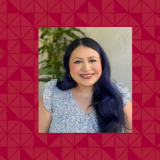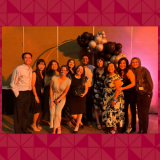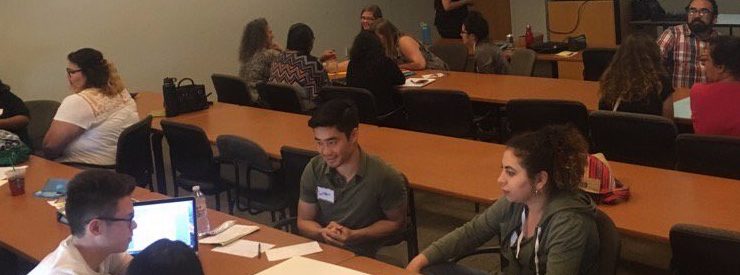
Second Annual Education and Ethnic Studies Summit: The Role of LEAD 429
April 13, 2017
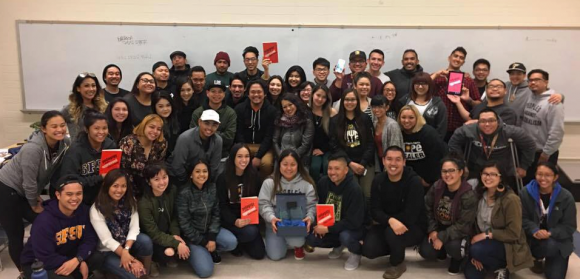
Guest blog by Cala Gin and Florencia Park
On April 1-2, 2017, Chapman University’s College of Educational Studies hosted its 2nd Annual Education and Ethnic Studies Summit. The two-day summit featured 5 keynote speakers and over 50 panel sessions and presentations on the role and development of Ethnic Studies in promoting education, empowerment, and understanding. This year’s theme, “Activist Women of Color”, highlighted the role of women, both locally and around the world in shaping education and social change. While the theme for last year’s summit was solely focused on “Ethnic Studies”, the goal of this year’s theme was to focus on the intersectionality of race and gender.
Dr. Miguel Zavala, Associate Professor in the College of Educational Studies, was one of the key architects and drivers behind the Summit. He currently teaches the IES senior capstone classes, as well as classes in the Master of Arts in Curriculum & Instruction (MACI) program on teaching and curriculum development. Dr. Zavala has also spent much of his career focusing on the Ethnic Studies movement and was excited about what this summit will mean for the ongoing evolution of Chapman. He was particularly excited that Chapman would be playing a key role as a convener of an important non-partisan event that will help shape the understanding and development of Ethnic Studies programs at Chapman and beyond. He shared that there were two main goals with respect to the Summit, which included the internal goal of supporting the movement for Ethnic Studies courses at Chapman, and the external goal of expanding the movement for Ethnic Studies in local school districts.
Many students as they experienced the Ethnic Studies Summit learned the importance of providing Ethnic Studies through the many sessions offered. Junior IES major Cassandra Gomez after her first session stated that she found Ethnic Studies to be of significance. “It is extremely important because it allows for different perspectives and histories to be valued which is something most of us did not grow up with in school”. Sophomore Psychology and IES double major Duyen Diep agreed, “Many students are marginalized students and I feel that they do not have a voice in what they want to have as their curriculum. Ethnic Studies provides them that voice and teaches them self-advocacy as well as learning about other cultures. It is really important for ethnic studies to be present in the community”.
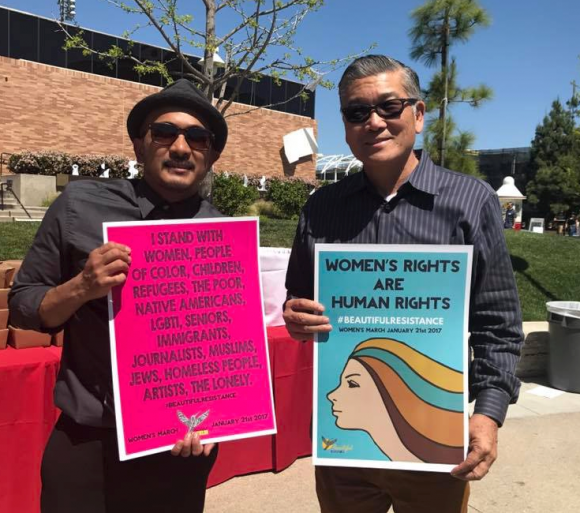
“Ethnic Studies is not just about race. It looks at the intersections of other forms of oppression and identities,” Dr. Zavala shared. He expressed that in this politically charged environment and ideological contexts, this Summit is needed more than ever to create dialogue and to inform the public on the purpose and goal of Ethnic Studies. The Summit looked to attract approximately 1200 participants over two days from a wide range of backgrounds and geographies – including students, scholars, educators, and community activists. He noted the event would feature several international experts and activists from as far as Puerto Rico and New Zealand – and will draw participants from as far away as Portland and Humboldt State University.
Freshman Michaela Perry attended her first session “Deconstructing Academia: Microaggressions and Ethnocentrism in the Sciences, Film Screening, Presentation, and Discussion”, in which she was able to listen to intellectuals from Humboldt State. She came to the summit because as a privileged person she wanted to widen her perspective. From her session, she was able to gain more insights to widen her perspective: “I’ve learned that whether I realize it or not there is still a lot of colonization within the United States and we teach by that and that is not fair. It really puts other people at a disadvantage and it shouldn’t be that way”, Perry said.
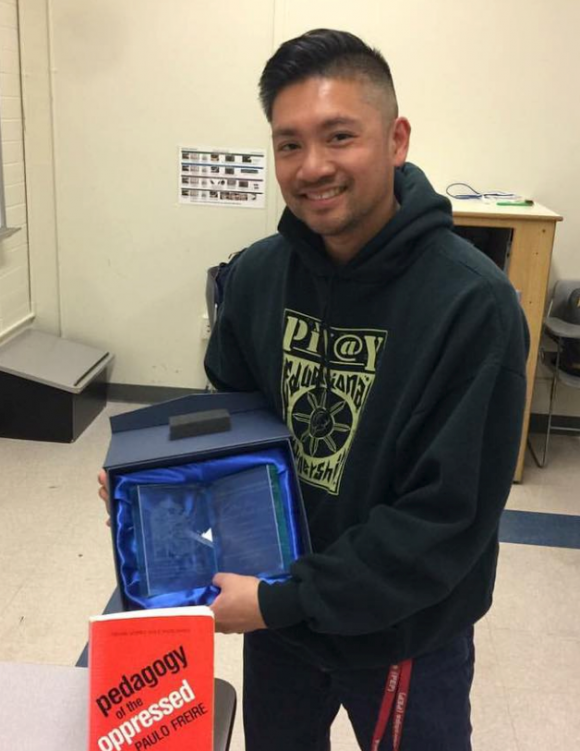
Dr. Zavala also emphasized the integral role of collective and team efforts in putting together the event. One of the most unique aspects of this Summit is the role that Chapman students are playing in the design and implementation of the event. Through a pilot class in Leadership Studies taught this year by Dr. Zavala called LEAD 429, the class of 5 students had been actively engaged in the designing and planning of the upcoming Ethnic Studies Summit. Shannon Estrin, a junior majoring in IES and minoring in Disabilities Studies, shared that “[the LEAD 429 class] allows me to be free, allows me to have an open mind, and allows me to be myself and not have to shy away from what I say.” He welcomed the chance to learn directly from a person such as Dr. Zavala, who has been personally engaged in the Ethnic Studies movement. In addition, Shannon shared that he would be performing spoken word poetry during the Summit on the theme of equality, working at the Men of Color Allies panel, and introducing Dr. Melina Abdullah – one of the founders and organizers of Black Lives Matter in Los Angeles.
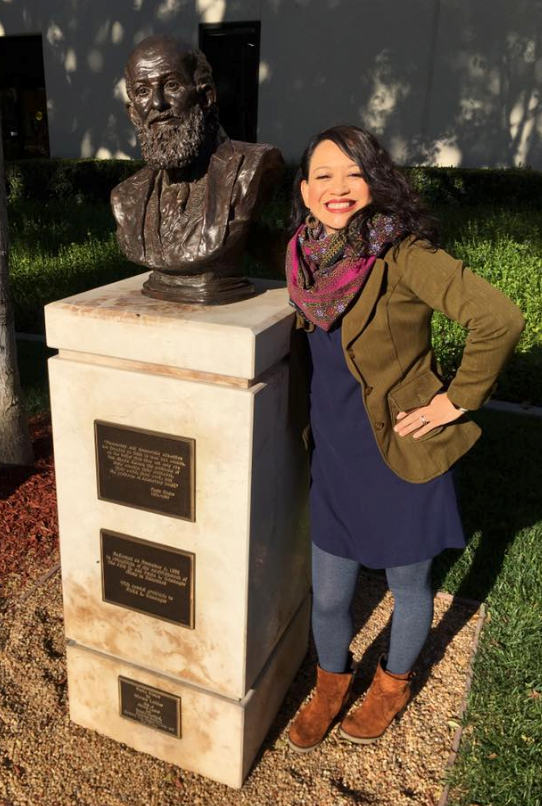
For seniors Annabell Liao, who is a Creative Producing major, and Farrah Su, a Film Productions major with a cinematography emphasis and art minor, the LEAD class gave them an opportunity to have an impact beyond extracurricular activities and to offer a student-perspective to the planning of the event. Both have been active in student government and club activities – Annabell serves as the current Student Government Association President – and Farrah is the President of the Asian Pacific Students Association. However, they saw the Summit as an opportunity to bring about change at Chapman at the institutional level, hopefully leading someday to the establishment of an Ethnic Studies program. They will also speak at the Asian American Student Activist Panel at the Summit.
“We want to address issues within the specific community of Asian American females because that is not commonly seen in a lot of discussions about Asian American communities or female communities,” Farrah expressed. For all three of these students, because this has been the very first LEAD 429 Ethnic Studies class, they saw an opportunity to do something pioneering. They viewed this class and their work on the Summit as an example of true hands-on learning and exploring community-organizing, while learning about the history of activism. Since the Ethnic Studies movement at Chapman is still in its early stages, “There is a lot of room for improvement in the future, but I’m really hopeful for the potential of what it could be,” Annabell said.
